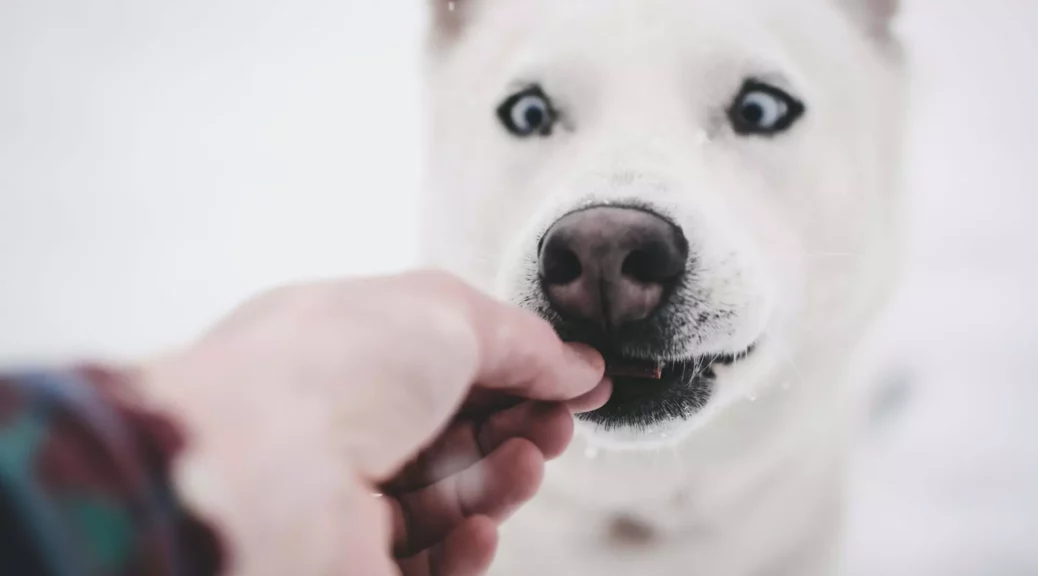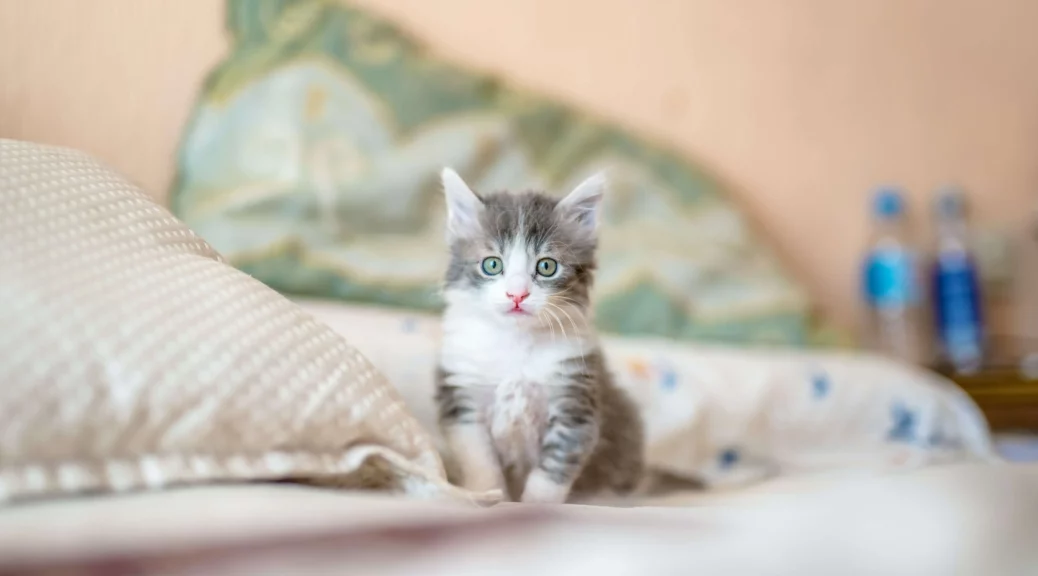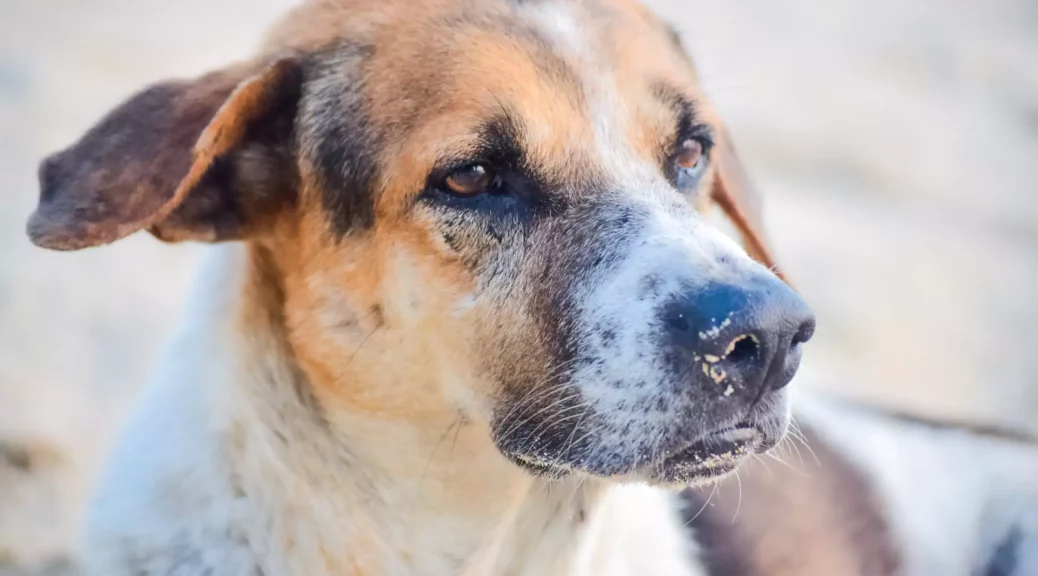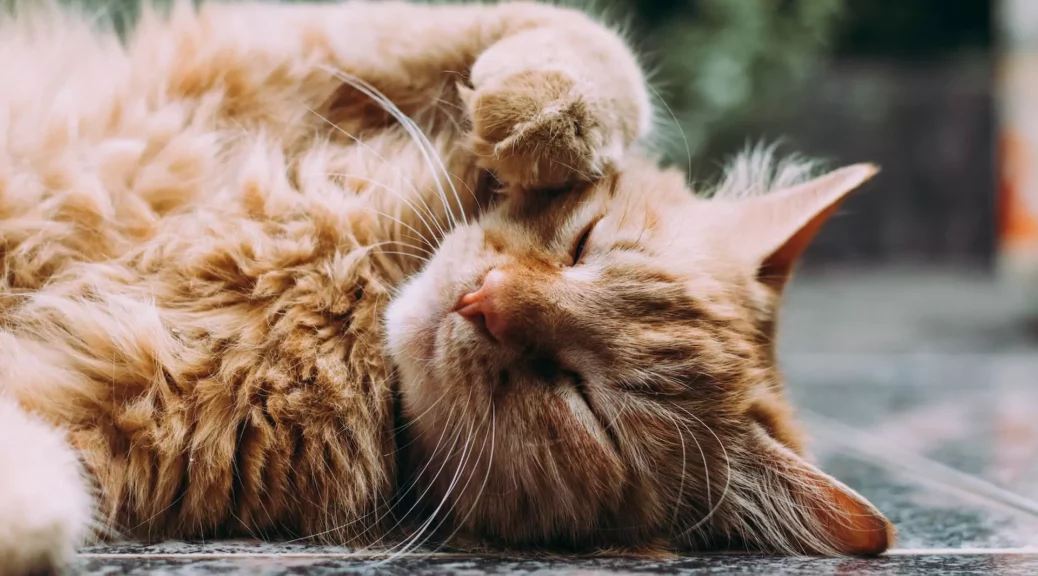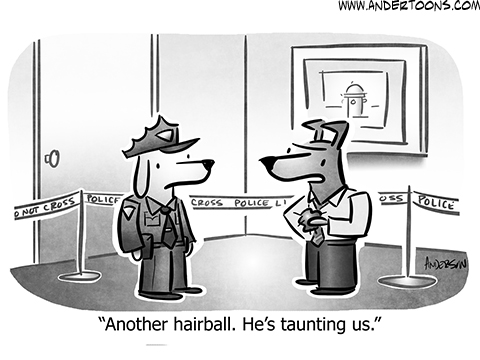Dogs and cats are very playful, which is one reason they’re so much fun. As Fido and Fluffy grow older, they’ll still have those frisky moments, and they’ll enjoy and benefit from unleashing their inner puppy and kitten. However, you’ll need to consider your four-legged pal’s age during playtime. A local Roanoke, VA vet lists some tips for playing with older pets below.
Opt For Mental Stimulation
Senior pets don’t need as much physical activity as young ones do, but they’ll never outgrow the need for mental stimulation. Opt for activities that challenge your furry pal’s mind, such as scavenger hunts, trick training, or puzzle toys.
Make The Area Safe
Always choose a safe area for your four-legged friend to play in. Avoid places with slippery surfaces or steeply-angled hills or ramps. It’s also best to stay away from pools, stairs, and fireplaces.
Choose Appropriate Toys
Older pets sometimes have different playtime preferences than their younger counterparts do. You may want to opt for toys that are brightly colored. If Fido or Fluffy has a hard time seeing or hearing, opt for playthings that light up or make noise. Change these out regularly to keep things interesting.
Don’t Overdo It
Older pets can get tired out quickly. They don’t have the strength or stamina younger animals do. Take care not to let your furry buddy overexert themselves. If you notice any signs of fatigue, call it a day.
Get Professional Advice
Senior pets are quite fragile, and are more prone to injuries, slips, and falls than younger animals. They also shouldn’t be encouraged to do certain things. For instance, an older dog with hip dysplasia shouldn’t be urged to jump or ‘stand’, while a senior kitty shouldn’t be expected to jump high or far. Ask your vet for specific advice on this.
Don’t Underdo It
While you don’t want to push a senior pet too hard, you don’t want to give up on playtime, either. The physical activity and mental stimulation are both great for them! Fido and Fluffy may tap out after just a few minutes, but that’s fine. Even a few minutes a day will be beneficial.
Have Fun
Our animal companions never stop being cute. In fact, many senior pets somehow become extra adorable. Enjoy these sweet and charming moments with your furry friend! The time we have with our pets passes much too quickly.
Do you have questions about your pet’s health or care? Contact us, your Roanoke, VA pet hospital, today!



